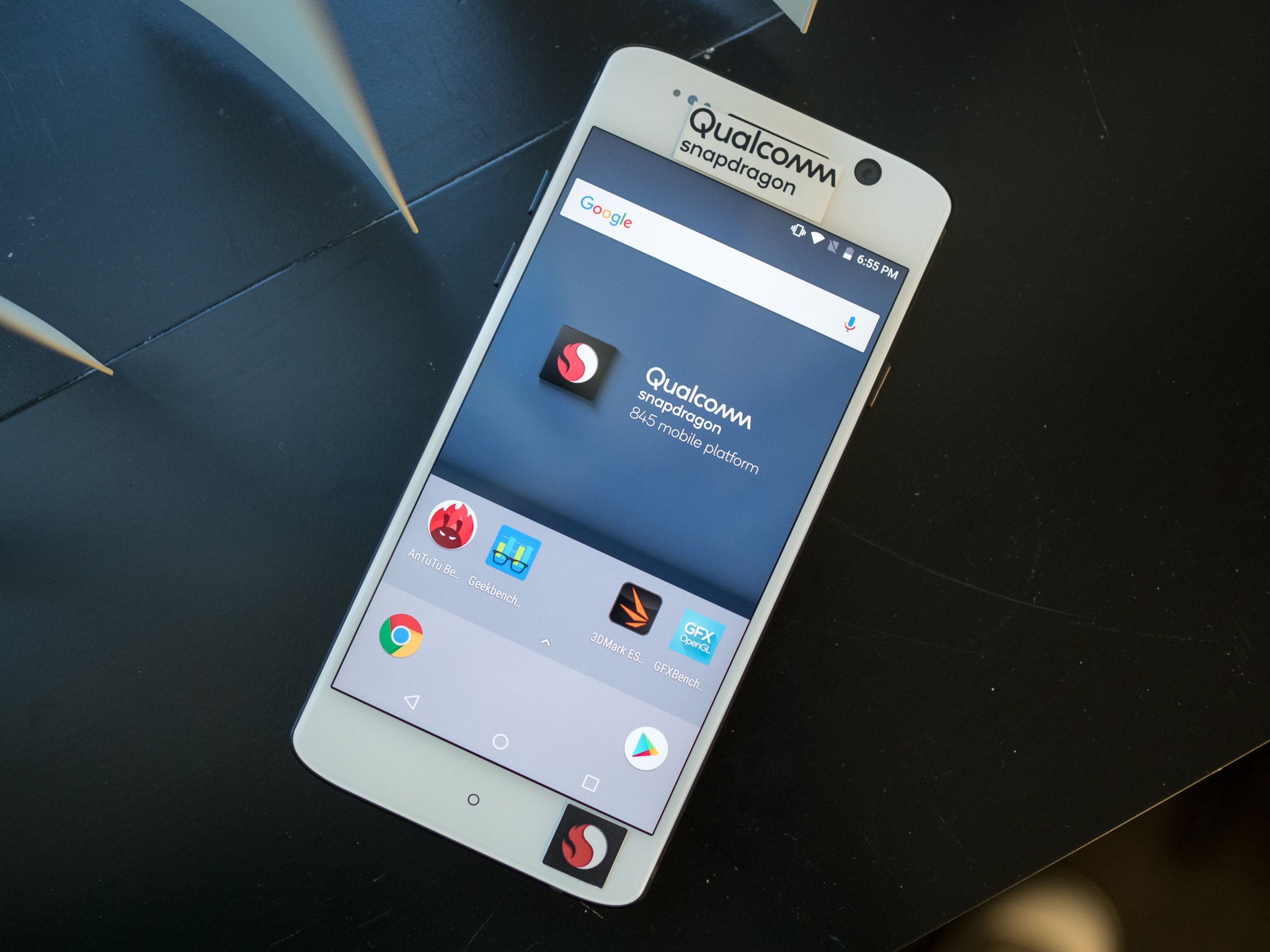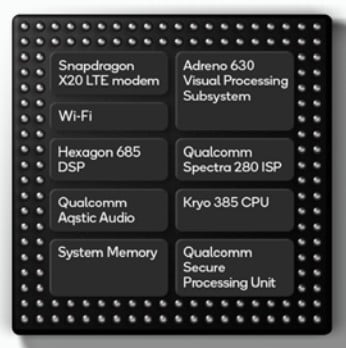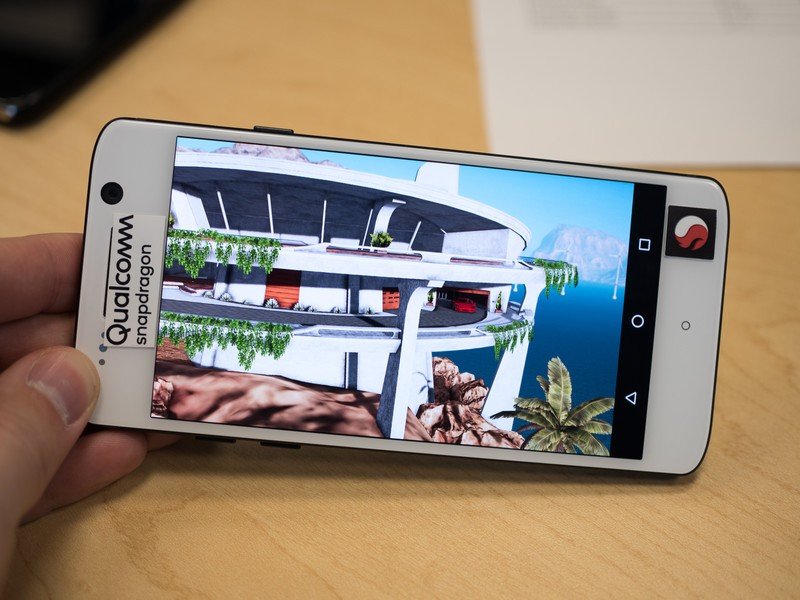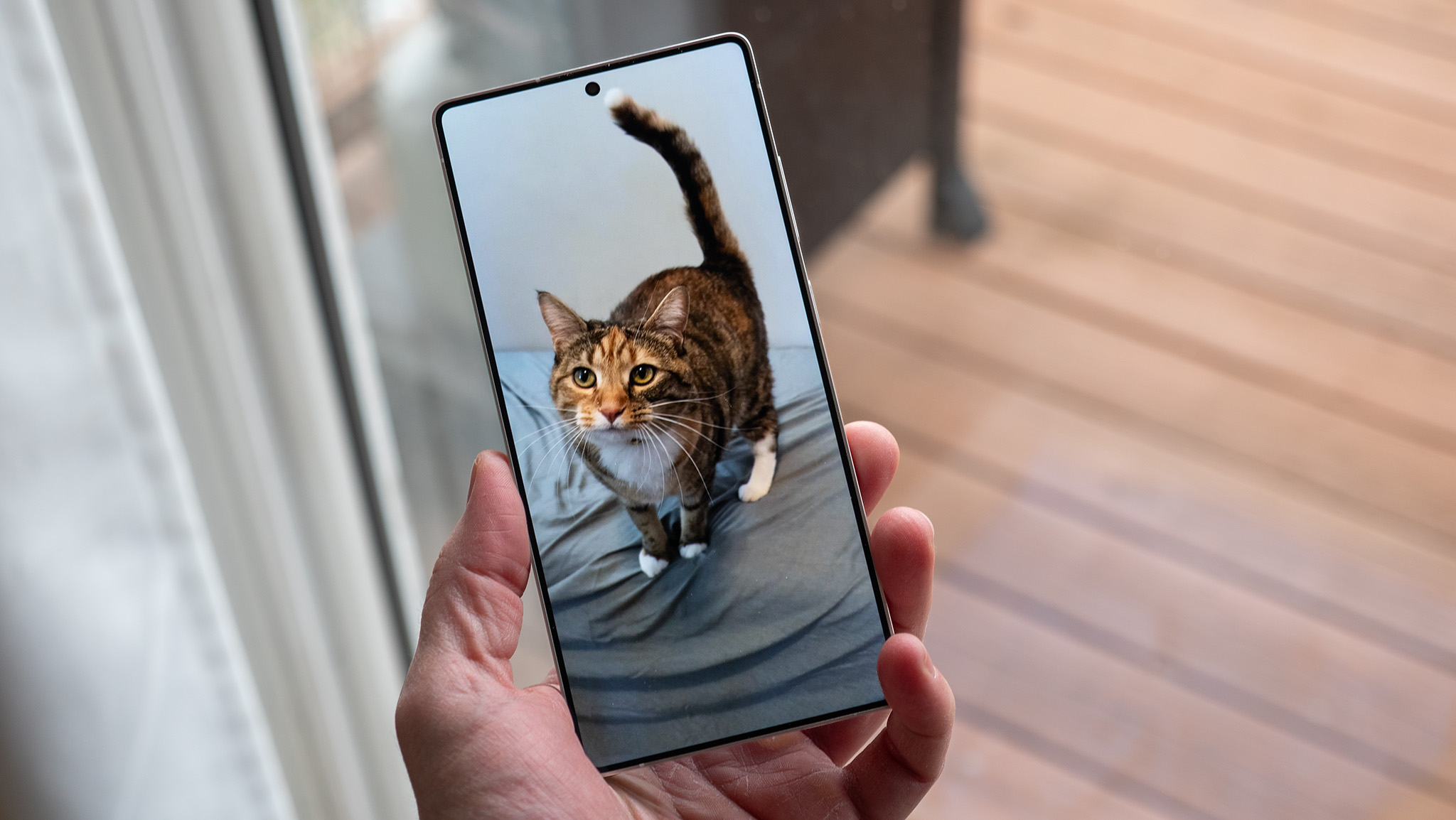We benchmarked the Snapdragon 845 — here's why none of the numbers matter

Get the latest news from Android Central, your trusted companion in the world of Android
You are now subscribed
Your newsletter sign-up was successful
When Qualcomm launches a new processor (ahem, "mobile platform"), we take notice. The new Snapdragon 845 will be the go-to choice in just about every high-end phone in 2018 (and even into early 2019), just like the Snapdragon 835, 821 and 820 were previously.
The nerds among us use the opportunity of a new chip release to try and quantify just how much "better" it is, in an attempt to determine what to expect in terms of performance when devices launch with the processor. And that means running benchmarks. I had the opportunity to use a Qualcomm Reference Device running a Snapdragon 845, and put it through a full slate of benchmarks over the course of a couple hours. I saw lots of big numbers, and now I can tell you why none of them matter.
Alright, so the benchmarks. You'll see the 12 I ran here, ranging through several different types that push the CPU, GPU, and memory. The top set are on-device apps, while the last four are web browser-based. As a whole, they do a pretty good job of showing how the Snapdragon 845, running in ideal conditions on a reference device with no other software, can perform. For a couple extra data points, this reference device has a 2560x1440 resolution LCD and 6GB of RAM. Here are my benchmark results:
| Benchmark | Result |
|---|---|
| AnTuTu | Total: 259180 CPU: 87938 GPU: 107103 UX: 56409 MEM: 7730 |
| Geekbench | Single core: 2481 Multicore: 8452 |
| GFXBench 4.0 1080 Manhattan 3.1 | 61 fps |
| GFXBench 4.0 1080 Manhattan 3.0 | 84 fps |
| GFXBench 4.0 T-Rex | 151 fps |
| GFXBench 4.0 Car Chase | 35 fps |
| 3DMark Slingshot - Unlimited ES 3.1 | Total: 4871 Graphics test 1: 32.1 fps Graphics test 2: 18.9 fps |
| 3DMark Slingshot - Unlimited ES 3.0 | Total: 5930 Graphics test 1: 42.7 fps Graphics test 2: 26.9 fps |
| Kraken (Chrome) | 2422 (lower is better) |
| Octane (Chrome) | 16086 |
| Sunspider (Chrome) | 448.5 (lower is better) |
| Jetstream (Chrome) | 85.97 |
I'm intentionally not showing you benchmarks from other devices here for comparison. If you're someone who pays attention to benchmarks you'll know all of these tests, what the numbers mean and how they rank compared to other processors. I'm also not providing reference numbers because none of these numbers really matters or can be translated into being "good" or "bad" for your actual experience of using a phone with a Snapdragon 845 in it.
Qualcomm, which provided the reference device for benchmarking in the first place, even agrees with me.

The nomenclature of calling these "processors" will live on for some time, but you start to understand why Qualcomm wants to shift its branding to "Snapdragon 845 mobile platform" when you consider everything this SoC offers beyond just a CPU. The Snapdragon 845, of course, has an octa-core CPU and a powerful GPU — but it also has a secure processing unit, a super-advanced LTE modem, an image signal processor, two different audio subsystems and its own memory. This isn't just a "processor" anymore, and that's exactly why even Qualcomm is starting to care less and less about these benchmark numbers.
Qualcomm Snapdragon 845: Everything you need to know
Get the latest news from Android Central, your trusted companion in the world of Android
Through that whole slate of benchmarks that I did, they at best covered the performance of the CPU, GPU, and on-board memory. Some only touched the CPU and GPU. Others were reliant on the applications themselves utilizing the SoC in the right way. None of them was running in a real-world environment on a phone with extra software and user-generated data. And that's why these benchmarks no longer give a realistic view of what the Snapdragon 845 will offer consumers when they go to buy a Galaxy S9 or any other flagship in 2018.

The true evaluation of the Snapdragon 845 will come when we get our hands on retail devices.
The true evaluation of the Snapdragon 845 will come when we get our hands on retail devices that use it — presumably, the Galaxy S9 will be the first. Then we'll see how well the manufacturer's software has been optimized for it, how the ISP processes image data, how fast the LTE data speeds are in the real world, and perhaps most importantly how little power the Snapdragon 845 uses in the process. Qualcomm's own research shows that consumers put lots of value on battery life, and making its chips more efficient while keeping the same or higher performance has been a massive emphasis in the last few generations because of it.
So little of the daily experience of using a modern smartphone is defined by how well that phone can perform a benchmark, and hearing one of the leading companies making these chips admit it tells you all you need to know. Seeing a reference device and getting to experience the Snapdragon 845 before anyone in public has an opportunity to is amazing, particularly for a smartphone nerd like myself. But seeing it get to work making hundreds of millions of phones in the next year do everything regular people want (and more) is far more exciting.
Based on everything I've learned about the Snapdragon 845 and Qualcomm's commitment to creating great chips, it's well-equipped to do just that.

Andrew was an Executive Editor, U.S. at Android Central between 2012 and 2020.
